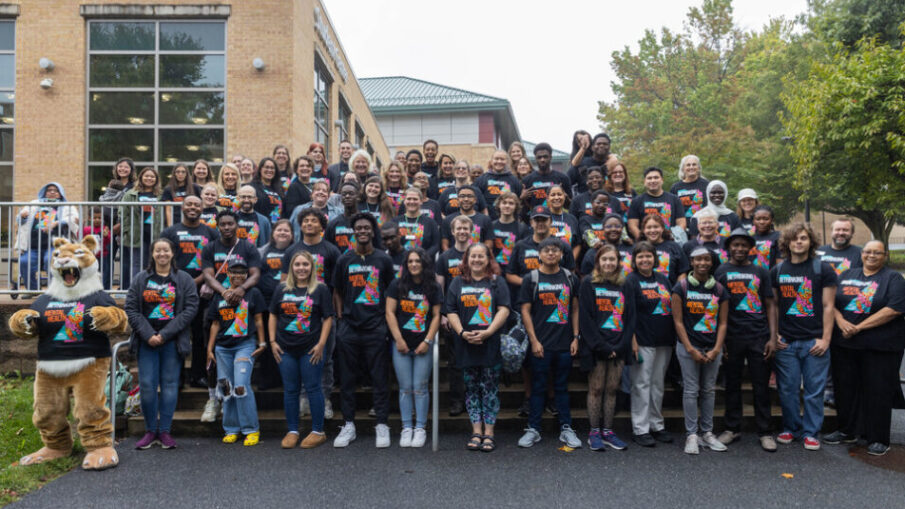Mental health is an important part of a person’s physical wellbeing. But more often than not, mental health is overlooked.
According to the Frederick County Mental Health Association, 27% of people living in Frederick currently struggle with their mental health.
Emily Gebhart, a licensed clinical social worker from Howard County who is a counselor at Frederick Community College, helps students with their mental health struggles. She said one of her goals here at FCC is to “to try to build awareness and destigmatize mental health.”
In the Counseling and Wellness Office, Student Center room H-103, is where you can find Gebhart and Kathryn Manwiller, who is also a licensed clinical social worker and counselor at FCC.
“Students can get crisis intervention, or they can do individual counseling with myself or Kathy. It’s all free and confidential,” Gebhart said.
Also in the room is where you can find the Zen Den where all students are allowed to go and relax and enjoy the massage chairs, weighted blankets and kinetic sand table.
With the help of the counseling and wellness center that opened last August, FCC is bringing awareness to mental health struggles through many different activities for students. Things like free mental health certification, annual wellness fairs that bring resources from all around Frederick to FCC students, talks on intimate partner violence, education on sex and drugs, free mental health awareness shirt giveaways, and mental health and the arts day.
Gebhart said mental health “is directly connected to everything we do in life. It connects to our physical health and overall wellbeing.”
That is why, she said, they are working on getting all FCC employees mental health certifications, that way, students have more qualified people they can ask for support. If a student needs more in-depth therapy, counseling and wellness will aid that student in finding therapists that take their insurance and can help.
If you or someone you know is struggling, call 2-1-1 or 1-866-411-6803 for crisis intervention and support.

